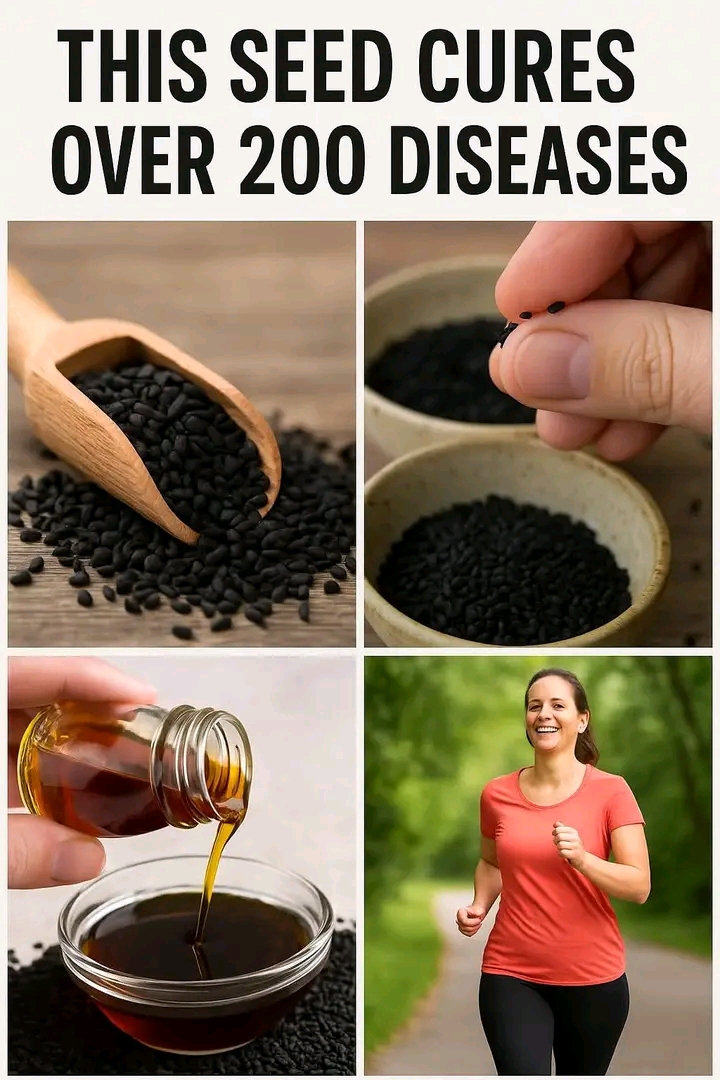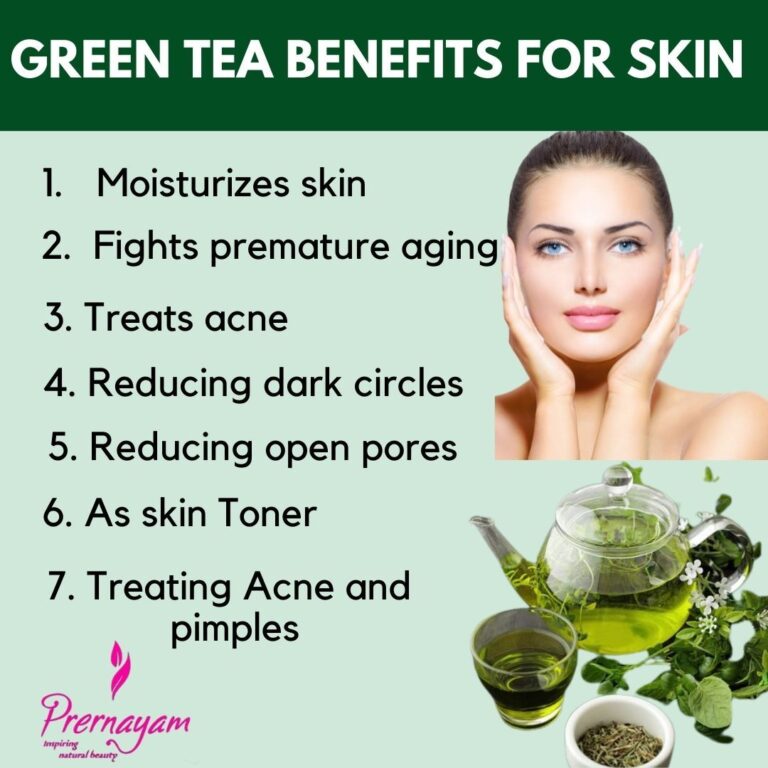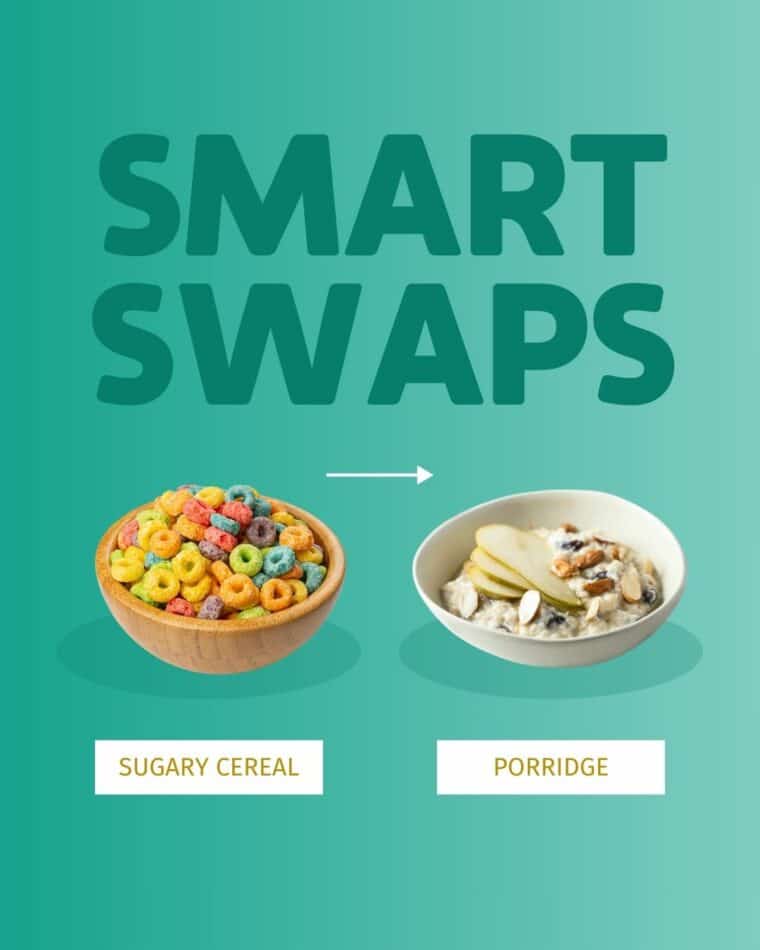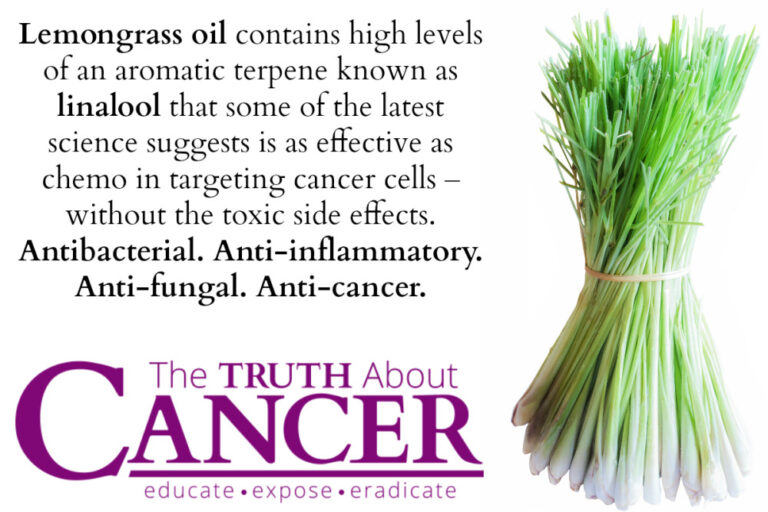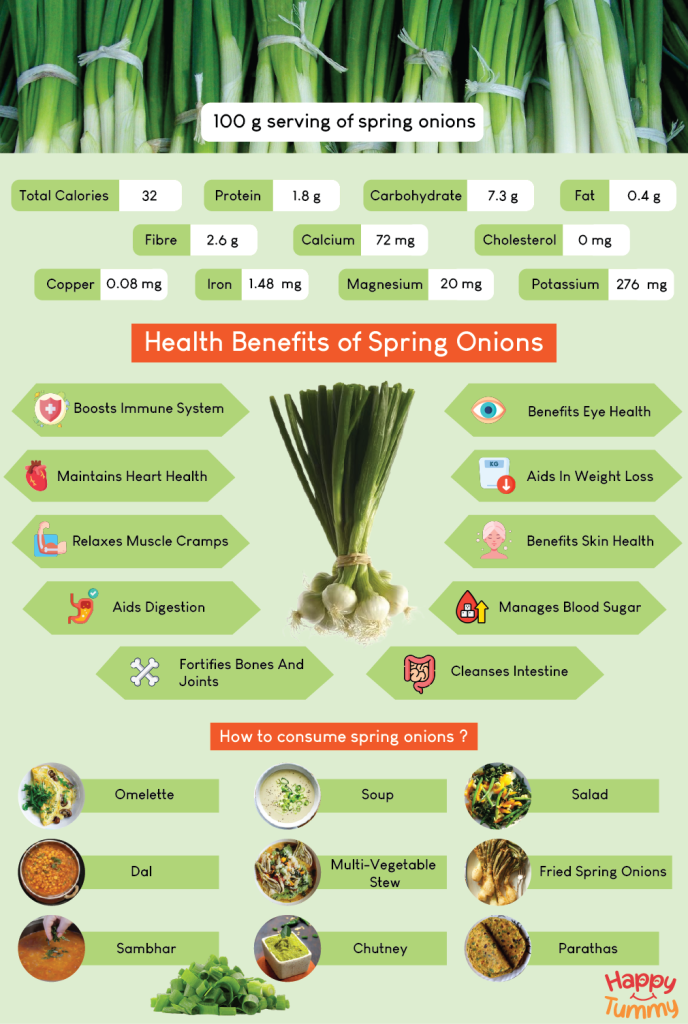Decoding the Asparagus Effect: Health Truths and Myths
There’s a quiet, peculiar phenomenon that unfolds in countless bathrooms around the world, a fleeting olfactory signature that, for many, is as undeniable as it is distinct. We speak, of course, of the famed "asparagus effect" – the unmistakable, pungent aroma that can follow a meal featuring those slender, verdant spears. It’s a literal, biochemical reality for a significant portion of humanity, a quirky testament to our individual metabolic orchestras. But what if this immediate, undeniable sensory experience, so specific and yet so variable from person to person, is merely a microcosm of a much grander, more convoluted narrative? What if the "Asparagus Effect" is not just about our post-asparagus pee, but a powerful metaphor for how we perceive, interpret, and often misinterpret the vast, swirling ocean of health information, truths, and myths that saturate our modern lives?
For the knowledgeable audience, the ones who seek to peer beyond the headlines and decipher the science from the pseudoscience, this metaphor holds potent resonance. It encapsulates the individual variability, the power of anecdote, the allure of the immediate, and the profound challenge of separating genuine health insights from the seductive whispers of hype and commercial interest. This is a story, then, of discernment; a journey from the simple, personal observation of a specific food’s transient impact to the complex, often contradictory claims that shape our dietary decisions and health philosophies.
Part 1: The Literal Asparagus Effect – A Biochemical Enigma
Let us begin with the literal. The asparagus effect, in its most basic form, is a chemical marvel. When we consume asparagus, our bodies get to work breaking down asparagusic acid, a unique sulfur-containing compound found exclusively in the plant. Through a series of rapid metabolic reactions, this acid is converted into a suite of volatile sulfur compounds, including methanethiol, dimethyl sulfide, and dimethyl disulfide. These are the culprits behind the characteristic odor. They are excreted rapidly via the kidneys, entering the urine and vaporizing upon contact with air, hence the immediate, often startling, olfactory experience.
But here’s where the plot thickens, revealing the first layer of individual variation. Not everyone produces these odorous compounds. And even among those who do, not everyone can smell them. This dual variability has led to fascinating scientific inquiry. Some individuals possess a specific enzyme variant that enables them to metabolize asparagusic acid into its odorous byproducts – they are the "producers." Others, lacking this enzyme, simply don’t generate the pungent molecules.
Then there are the "smellers" and "non-smellers." Genetic studies have identified specific single nucleotide polymorphisms (SNPs) on chromosome 1 within a cluster of olfactory receptor genes that dictate whether an individual can detect these sulfurous compounds. So, you might be a producer of the odorous compounds but lack the genetic predisposition to smell them, leaving you blissfully unaware of your own biochemical prowess. Conversely, you might be an incredibly sensitive smeller, but if you don’t produce the compounds, you’ll never experience the phenomenon.
This seemingly trivial detail, the post-asparagus urinary aroma, is a perfect, tangible example of the profound biochemical individuality that defines us. It’s a testament to the intricate dance between genetics, metabolism, and perception. It demonstrates that a single food can elicit wildly different internal and external responses, even at a fundamental chemical level. And it sets the stage for our broader narrative: if something so simple can be so variable, how much more complex and individualized are the effects of food on our overall health, energy, and longevity?
Part 2: The Metaphorical Asparagus Effect – Echoes in the Health Landscape
From the specific to the universal, the Asparagus Effect now expands beyond the bathroom. It becomes a powerful metaphor for the bewildering landscape of modern health advice. Just as some detect the asparagus odor and others don’t, some people swear by a particular diet or supplement, experiencing profound effects, while others find it entirely inert or even detrimental. This disparity fuels the endless debates, the fervent testimonials, and the rapid spread of both groundbreaking insights and misleading myths.
Consider the journey of a health claim. It often begins anecdotally, much like someone noticing the asparagus scent. "I started drinking celery juice, and my skin cleared up!" or "Ever since I cut out dairy, my joint pain disappeared!" These individual observations, compelling in their sincerity, quickly gain traction. Social media acts as a super-spreader, amplifying these personal stories into universal truths. An influencer, perhaps a "smeller" of their own dietary magic, shares their experience, and suddenly, millions are convinced that celery juice is a panacea or dairy is a universal toxin.
This is the metaphorical Asparagus Effect in full swing:
- Individual Variability Ignored: The fundamental truth of biochemical individuality (like the producers/smellers) is overlooked. What works for one is assumed to work for all.
- Correlation vs. Causation: The immediate, noticeable "effect" (feeling better, smelling the pee) is directly attributed to the singular food item, ignoring countless confounding variables (placebo effect, overall dietary changes, lifestyle shifts, natural remission of symptoms).
- The Allure of the Immediate: Just as the asparagus odor is a rapid response, many health claims promise quick fixes – rapid weight loss, instant energy boosts, miraculous cures. This taps into our innate desire for immediate gratification and simple solutions to complex problems.
- Confirmation Bias: Once a belief takes hold, we selectively notice and interpret information that confirms it. If you believe celery juice is a detox miracle, you’ll attribute any positive feeling to it and dismiss any negative ones.
This creates an echo chamber where isolated anecdotes resonate louder than rigorously tested scientific evidence. The sheer volume of information, coupled with the emotional intensity of personal testimonials, can drown out the nuanced, cautious voice of science, which often speaks in probabilities and statistical significance, not absolute certainties.
Part 3: Unpacking the Myths – A Critical Lens
The metaphorical Asparagus Effect provides the framework to critically examine some of the most pervasive health myths. These are the grand narratives spun from threads of half-truths, misinterpretations, and wishful thinking, often marketed with the precision of a psychological operation.
Myth 1: The Detox Delusion
Perhaps no category of health myth is more pervasive than the "detox" narrative. From juice cleanses to specific "detox teas" or "liver flushes," the promise is alluring: rid your body of accumulated toxins, reset your system, and achieve pristine health. Specific foods, like lemons, apple cider vinegar, or cilantro, are often championed as potent detoxifiers.
The Truth: The human body is a marvel of biological engineering, equipped with sophisticated, highly efficient detoxification systems. The liver, kidneys, lungs, skin, and gut microbiome work tirelessly, 24/7, to neutralize and eliminate harmful substances. The liver, in particular, is a biochemical powerhouse, performing two phases of detoxification to transform fat-soluble toxins into water-soluble compounds that can be excreted.
The concept that we need external interventions – special diets, juices, or supplements – to "detox" is largely a marketing construct, exploiting a misunderstanding of human physiology. While a healthy diet rich in whole foods, antioxidants, and adequate hydration supports these natural detoxification pathways, no specific food or cleanse can "flush out" toxins in a way your organs aren’t already doing. If your liver and kidneys were truly overwhelmed, you’d be in a medical emergency, not needing a week-long juice fast. The positive feelings people attribute to detox diets are often due to cutting out processed foods, reducing caloric intake, increasing hydration, and the powerful placebo effect, rather than any magical "cleansing" action.
Myth 2: Single Food Superpowers or Demonic Powers
This myth thrives on reductionism, the idea that a single food item can either be the ultimate cure-all or the root of all evil. We’ve seen kale hailed as a cancer-fighting, anti-aging elixir, blueberries as brain-boosting miracles, and turmeric as an anti-inflammatory panacea. Conversely, gluten, dairy, nightshades, or even lectins have been demonized as universal villains, silently eroding our health.
The Truth: While specific foods are indeed nutrient-dense and contain beneficial compounds (e.g., antioxidants in berries, sulforaphane in cruciferous vegetables, curcumin in turmeric), no single food possesses "superpowers" to cure or prevent complex diseases on its own. Health is a tapestry woven from countless threads: overall dietary patterns, lifestyle choices (sleep, stress, exercise), genetics, and environmental factors. Focusing on isolated "superfoods" distracts from the fundamental principle of a varied, balanced diet. The synergy of whole foods consumed together often yields greater benefits than any single component in isolation.
Similarly, demonizing entire food groups for everyone ignores the profound individual variability that defines human biology. For individuals with celiac disease, gluten is indeed toxic. For those with diagnosed lactose intolerance, dairy can cause significant digestive distress. But for the vast majority of the population, these foods are perfectly digestible and can be part of a healthy diet. The widespread adoption of restrictive diets based on generalized fear-mongering can lead to unnecessary nutrient deficiencies, an unhealthy obsession with food, and a distorted relationship with eating. The "Asparagus Effect" shows us that what impacts one person (e.g., gluten sensitivity) does not necessarily impact another.
Myth 3: One-Size-Fits-All Diets
The marketplace is flooded with "the best diet ever!" claims: Keto, Paleo, Vegan, Mediterranean, Carnivore, Atkins, Zone, South Beach, and so on. Each promises optimal health, weight loss, and vitality, often presented as the singular path to wellness for everyone.
The Truth: Just as our bodies metabolize asparagus differently, our optimal dietary needs vary based on genetics, activity levels, age, gender, health conditions, geographical location, cultural background, and even our gut microbiome. There is no single "best" diet for all 8 billion people on Earth.
The success stories often associated with these diets are typically due to factors common across many "healthy" eating patterns: increased consumption of whole, unprocessed foods; reduction in refined sugars and unhealthy fats; and a greater awareness of food choices. For example, someone transitioning to a ketogenic diet might feel better because they’ve eliminated ultra-processed foods, not solely because of ketosis. A person adopting a vegan diet might experience health improvements because they’ve increased their intake of fiber-rich plant foods and reduced processed meat, not simply because they cut out animal products.
Sustainable health comes from finding a dietary pattern that is:
- Nutritionally adequate: Provides all essential nutrients.
- Enjoyable and sustainable: Fits your lifestyle, culture, and preferences.
- Supports your individual health goals: Addresses specific needs or conditions.
- Promotes a healthy relationship with food: Free from guilt and fear.
The "best" diet is the one you can stick to, that makes you feel good, and that provides adequate nutrition for your unique biological blueprint.
Myth 4: The Immediate Effect Fallacy and Confirmation Bias
Many health claims rely on immediate, perceived effects: "I felt bloated after eating bread, so bread is bad for me." Or, "I took this supplement and felt a burst of energy, it must be working." This ties directly back to the literal Asparagus Effect – an immediate, observable outcome leading to a conclusion, often without scientific rigor.
The Truth: Our bodies are complex. Short-term feelings of bloating, fatigue, or energy can be influenced by a myriad of factors beyond the last food item consumed: stress, sleep quality, hydration, hormonal fluctuations, digestive speed, or even simply the composition of the meal (e.g., high fiber can cause temporary gas). Attributing an immediate feeling to a single food item is a classic example of confusing correlation with causation.
Furthermore, the placebo effect is incredibly powerful. If you believe a supplement will give you energy, your brain can absolutely produce that sensation, even if the supplement itself is inert. Conversely, the nocebo effect can make you feel worse if you believe something is harmful. This is where double-blind, randomized controlled trials become crucial – they control for expectation and bias, allowing researchers to isolate the true effect of an intervention.
Confirmation bias further entrenches these beliefs. Once you suspect a food causes a problem, you become hyper-vigilant for any negative sensation after consuming it, while overlooking similar sensations at other times or positive effects. You are a "smeller" of its negative impact, and your brain filters for that specific scent.
Part 4: The Enduring Truths – Navigating the Noise
Having journeyed through the literal and metaphorical Asparagus Effect, dissecting myths along the way, we arrive at the enduring truths. These are the principles that stand the test of time, supported by robust science, and form the bedrock of sustainable health.
-
The Power of Whole, Unprocessed Foods: This is the evergreen wisdom. Diets rich in fruits, vegetables, whole grains, legumes, nuts, seeds, and lean proteins (plant or animal, depending on preference) consistently correlate with better health outcomes. These foods provide a complex matrix of vitamins, minerals, fiber, phytonutrients, and antioxidants that work synergistically. They are the foundation upon which personalized nutrition should be built.
-
Focus on Dietary Patterns, Not Isolated Ingredients: The Mediterranean diet, DASH diet, and traditional Asian diets are celebrated not because of one "superfood," but because of their overall pattern: abundance of plants, healthy fats, moderate protein, and minimal processed items. The sum is greater than its parts. Trying to extract a single benefit from a food and isolate it into a supplement often fails because it ignores the complex interplay of nutrients and other compounds found in whole foods.
-
Embrace Individual Variability and Self-Experimentation (Wisely): The Asparagus Effect reminds us that we are all unique. While general guidelines are helpful, truly optimizing health often involves listening to your body, understanding your unique responses, and, if necessary, working with qualified professionals to conduct thoughtful self-experimentation. This isn’t about chasing fads, but about understanding your energy levels, digestion, mood, and satiety in response to different foods. Genetic testing and microbiome analysis are emerging tools that may, in the future, offer more precise, personalized dietary guidance, moving us beyond generalized advice.
-
Critical Thinking is Your Most Potent Tool: In an age of information overload, the ability to critically evaluate health claims is paramount. Ask:
- What is the source? Is it a peer-reviewed scientific journal, a reputable health organization, a social media influencer, or a commercial entity selling a product?
- What is the evidence? Is it anecdotal, observational, or from a well-designed randomized controlled trial?
- Are there conflicts of interest? Is the person or entity promoting the claim also profiting from it?
- Does it sound too good to be true? If it promises a quick fix or miraculous cure, proceed with extreme skepticism.
- Is the claim nuanced, or absolute? Science rarely speaks in absolutes.
-
Lifestyle Matters as Much as Diet: No diet, however perfectly optimized, can compensate for chronic sleep deprivation, high stress levels, lack of physical activity, or social isolation. These factors are deeply intertwined with metabolic health, inflammation, and overall well-being. A holistic approach to health considers the entirety of one’s lifestyle, not just what’s on the plate.
-
Cultivate a Healthy Relationship with Food: Food should be a source of nourishment, pleasure, and connection, not fear, guilt, or obsession. While awareness of nutrition is important, rigid rules, moralizing food choices, and constant anxiety about "good" vs. "bad" foods can be more detrimental to mental and physical health than occasional indulgences. Embrace mindful eating, savor your meals, and allow for flexibility.
Conclusion
The "Asparagus Effect," in its simplest, most literal form, is a quirky reminder of our individual biochemical makeup, a fleeting scent that divides us into "smellers" and "non-smellers." But its metaphorical resonance is far more profound. It encapsulates the dizzying complexity of modern health, a landscape where personal experience often overshadows scientific evidence, where marketing preys on our desire for simple solutions, and where genuine insights struggle to rise above the cacophony of misinformation.
To navigate this landscape as knowledgeable individuals, we must cultivate a deep sense of critical inquiry. We must learn to distinguish between the immediate, often fleeting, "scent" of a health claim and the robust, enduring "truth" that lies beneath. We must appreciate the beautiful, often messy, reality of human variability, recognizing that what truly nourishes one person may not be the optimal path for another.
Ultimately, the story of decoding the Asparagus Effect is one of empowerment. It’s about moving beyond passive consumption of information to active discernment, embracing the wisdom of whole foods, respecting the intricacies of our own bodies, and finding joy and balance in our approach to health. It’s about learning to trust the scientific process, to question extraordinary claims, and to build a personal health philosophy that is robust, sustainable, and truly nourishing for mind, body, and spirit.


